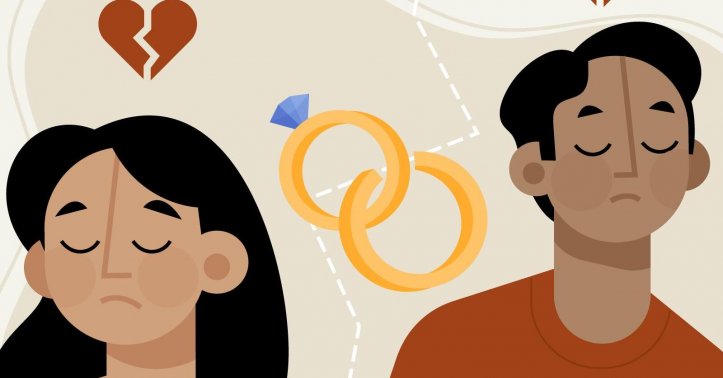
Asking for dowry is against spirituality
Spirituality, across all major religions and humanistic philosophies, is fundamentally concerned with virtues like love, selflessness, compassion, equality, and the recognition of the divine or inherent worth in every individual.
Here’s a breakdown of why dowry is profoundly un-spiritual:
1. It Contradicts the Principle of Selfless Love (Ahimsa, Agape, Karuna)
Spiritual Ideal: Marriage is meant to be a sacred union of two souls, based on mutual love, respect, and a commitment to grow together. It's about giving, not taking.
Dowry Reality: Dowry reduces this sacred union to a financial transaction. It commodifies the bride, treating her as a burden to be offset with cash and goods, rather than an equal partner bringing her own unique gifts to the marriage.
2. It Violates the Principle of Non-Attachment (Vairagya)
Spiritual Ideal: Most spiritual paths teach detachment from material wealth. Happiness and fulfillment are sought inwardly, not through the accumulation of external possessions.
Dowry Reality: Dowry is rooted in extreme attachment to material wealth, social status, and greed. It places material demands above the emotional and spiritual well-being of the couple.
3. It Promotes Greed and Exploitation (Lobha)
Spiritual Ideal: Spirituality encourages contentment, simplicity, and sharing with those in need.
Dowry Reality: The practice often leads to insatiable greed, with demands escalating even after marriage. This exploitation can devastate the bride's family financially and emotionally.
4. It is a Source of Violence and Harm (Himsa)
Spiritual Ideal: The core of spirituality is non-violence (ahimsa)—causing no harm in thought, word, or deed.
Dowry Reality: Tragically, dowry is linked to immense psychological and physical violence, including harassment, domestic abuse, and even dowry deaths ("bride burning"). This is the ultimate betrayal of the spiritual injunction to "do no harm."
5. It Denies the Divine Feminine (Shakti)
Spiritual Ideal: Many traditions, including Hinduism, revere the feminine aspect as the creative and powerful force of the universe (e.g., Goddess Lakshmi is the deity of wealth and prosperity, not a commodity to be bought).
Dowry Reality: Dowry utterly disrespects this principle. Instead of honoring the woman as the embodiment of the divine feminine (Shakti), it degrades her to an object with a price tag.
The Difference Between Dowry and a Gift (Varadakshina)
It's important to distinguish between dowry and the ancient, spiritual concept of varadakshina.
Dowry (Dahej): Demanded by the groom's family as a condition for the marriage. It is coercive, one-sided, and materialistic.
Varadakshina: A voluntary gift given by the bride's parents to the groom out of love and blessings for the new couple to start their life together. It was meant to be a token of good will, not an extravagant demand.
True spirituality in marriage is about: celebrating the union of two individuals.
Families coming together to support the new couple.
Focusing on the qualities of character, love, and shared values.
Essentially, asking for dowry is a deeply entrenched social evil born out of greed, materialism, and patriarchy. It has no foundation in genuine spirituality. Any attempt to justify it using religion or tradition is a misinterpretation and a corruption of true spiritual values, which always seek to uplift human dignity rather than destroy it.
By Jamuna Rangachari








